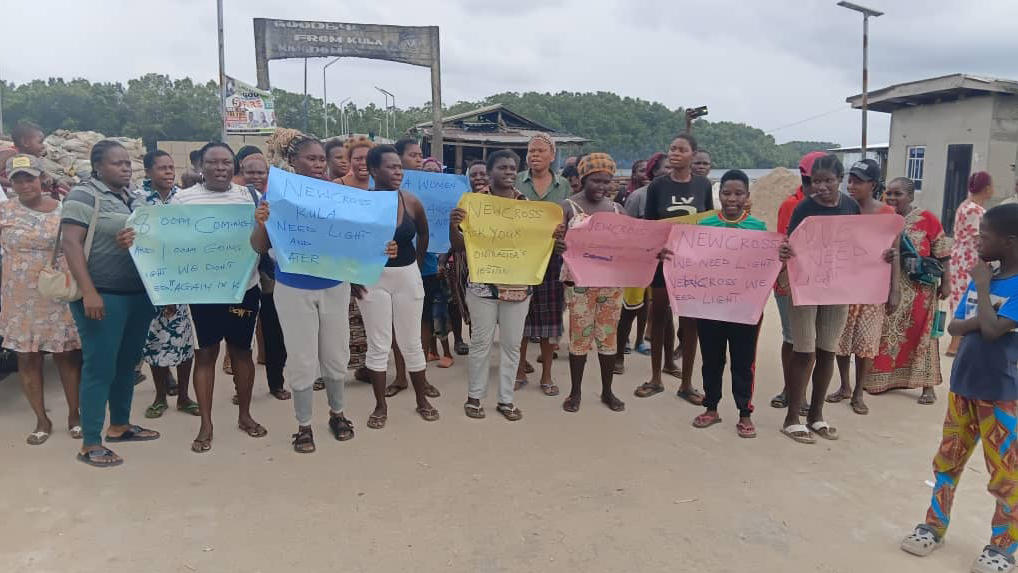 As the country marks the third anniversary of the murder of Bamise, a young woman killed in a Lagos public transit bus, activists have renewed calls for legislative action to protect women from femicide and other forms of violence.
As the country marks the third anniversary of the murder of Bamise, a young woman killed in a Lagos public transit bus, activists have renewed calls for legislative action to protect women from femicide and other forms of violence.
They made this known during the “Tribute to Bamise,” a debate competition held in honour of Oluwabamise Ayanwola, who was brutally murdered in a Bus Rapid Transit (BRT) bus in February 2022.
The event, organised by the Larry Omodiya Foundation for Justice Reform (LOFJR), took place at St. Michael African School (OTA Stadium), Iganmode, Ogun State.
Thirteen schools competed for N2 million in prize money, with the first and second runners-up (Anglican Grammar School and St. Michael High School) receiving N500,000 each, while the winner, Iganmode Grammar School, received N1 million.
Speaking at the event, the Chief Executive Officer (CEO) of LOFJR, Larry Omodiya, emphasised the urgent need for a comprehensive law to address femicide and violence against women.
“The femicide situation is very critical. There is a mentality in Africa that women are second-class citizens. We need to change this mentality and ensure that women are protected from violence and discrimination,” Omodiya said.
The foundation’s spokesperson, Adekunle Abimbola Israel, also called for the passage of a femicide bill to provide stronger protections for women and hold perpetrators accountable.
“We believe in equal rights for every human being. Women are not second-class citizens, and they deserve to be protected from violence and discrimination,” Israel stated.
The tribute event brought together students, advocates, and community leaders, aiming to raise awareness about justice reform and the need for stronger protections for women.
“We’re targeting Abuja as the federal capital and neighbouring states. We will continue to push for legislative action to protect women from femicide and other forms of violence,” Israel said.
He also stressed the importance of education and awareness among young people. “We will educate girls and boys to be safety-conscious. Safety is ongoing, and we need to continue pushing for justice and accountability,” he added.
A human rights activist with the Document Our History (DOHS) group, Archibong Udokang, highlighted the inadequacy of current laws in addressing femicide and rape. “The laws we have are insufficient, which is why they have been ineffective in covering rape and femicide,” he noted.
To address this gap, Udokang revealed that DOHS has drafted a bill on femicide, which has been submitted to the National Assembly. The bill aims to protect women from femicide, rape, and domestic violence and has received positive feedback from lawmakers.
“We’ve submitted the bill and have been following up. The legislative House has been supportive, but we urge them to do more,” Udokang said, stressing the need for stringent laws to deter perpetrators.
“The perpetrator of femicide or rape should face the ultimate punishment to serve as a deterrent,” he added.
Udokang also underscored the need for a functional judicial system, noting that the current system is broken and requires urgent reform.






